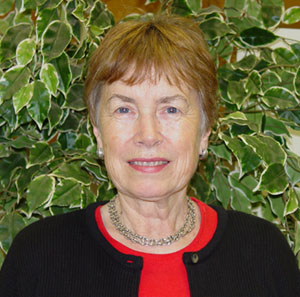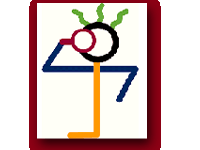|
Think Globally! ENGI/NSCI 307 Gives Students a Worldly Perspective In Spring 2003, the Cain Project is sponsoring a new course: ENGI/NSCI 307: Preparing for Professional Communication in Five Countries, Many Cultures, to be taught by Dr. Ute Cezeaux. The course will prepare students to anticipate the roles, situations and communication practices they would encounter in engineering firms or other businesses across the globe. In each three-hour session, students will journey to a different land: The United Kingdom, China, Germany, Mexico and the Middle East. Each class will consist of a discussion of the week’s readings, focused conversations with an engineer or resource person from the country being studied, and practice exercises. Topics to be covered include “Five Categories for Cultural Preparation,” “Verbal and Nonverbal Messages,” and “Rules of Engagement, Decision Making and Negotiations.” The course’s instructor, Dr. Cezeaux, currently works as as a cross-cultural trainer for Prudential Global Workforce Development Group in Houston. She designs and facilitates programs for business travelers, company employees and their families to prepare them for life and work overseas. She is also a partner in Intercultural Training Associates, a company that offers similar services. No stranger to life and travel in foreign countries, Ute was born and raised in Germany, spent a year studying in France, and came to the United States as a young adult. She received her MA from the University of Texas in Austin and her PhD from the University of Maryland, both in the fields of German and French. She spentmany years as a foreign language teacher and also as a teacher of English as a Foreign Language. While ENGI/NSCI 307 will focus on effective communication with engineers from other cultures, her programs typically also include such topics as:
Two
Rice Alums Comment on Communication in Other Countries Kristine Moore, who received a BS in Civil Engineering from Rice in 1984, is currently a Business Development Manager for Shell International Exploration & Production. She is involved with projects spanning multiple regions, including Europe, West Africa, Russia/Caspian, and the Middle East. She works primarily out of Shell’s headquarters in The Netherlands with colleagues who represent a cross-section of cultures from all over the world. Some of her most interesting communication challenges arise when leading a team of people who bring a wide range of cultural differences, languages, working styles and behaviors to the group. “ It is important to recognize, understand and then determine how to leverage the diverse talents, styles and experiences contained in a multi-cultural team.” She has found that American approaches to leadership and communication often need to be modified to be most effective in other countries. Kristine’s advice? “Learn as much as you can before you go. Seek out people who have lived and worked there before and ask lots of questions... Try to put yourself in the shoes of others. Be curious, sincere, and always keep your sense of humor!” Both Dave and Kristine encourage students to take advantage of this new course in order to increase their global awareness. * * * * * * * * * * * * ACT
NOW! |
|
|


